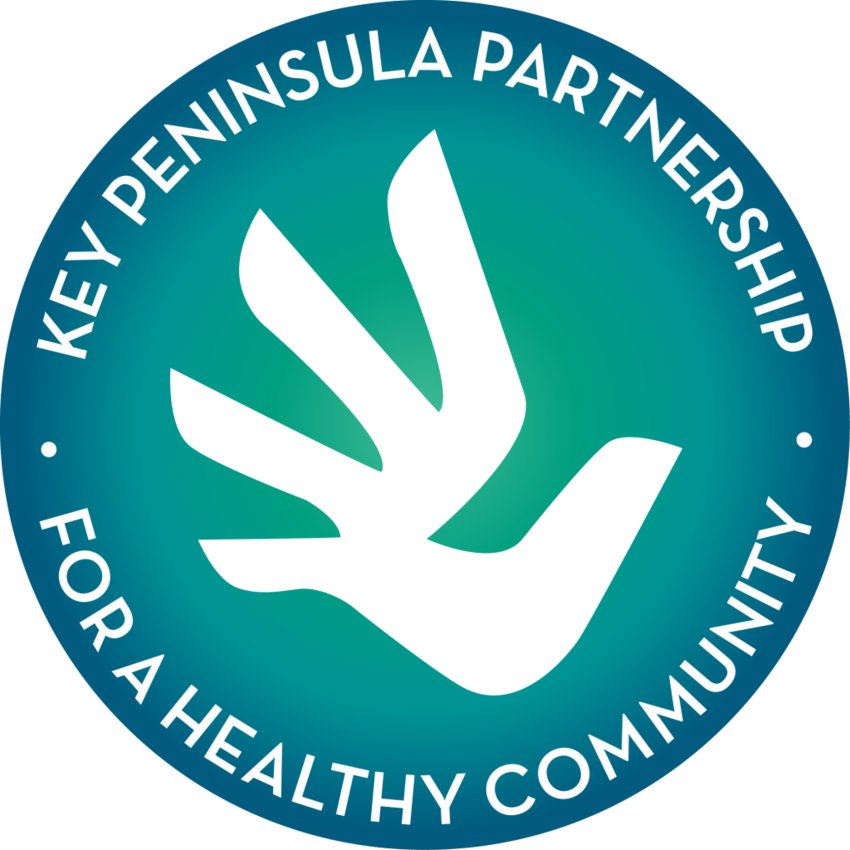The Key Peninsula Partnership for a Healthy Community is nearly 1 year old, and co-directors Ben and Susan Paganelli are ready to build on the foundation that has been laid.
The partnership was established by a grant from the Gary E. Milgard Family Foundation awarded to the KP Community Council. The goal was to support major, cooperative and sustainable community improvement and to focus on families in need. The grant also provided funding to meet immediate needs.
“We’ve been thinking about what makes a healthy community,” Ben Paganelli said. “It is one that takes pride in helping itself, is connected, and defines itself by its strengths rather than by its needs.”
Much of the work of the partnership has been to establish those connections and to make them sustainable.
 A steering committee provided oversight, Paganelli said. Three working committees (hunger, transportation, and health and wellness) met to identify gaps and resources and to make recommendations for use of the grant funds for immediate needs.
A steering committee provided oversight, Paganelli said. Three working committees (hunger, transportation, and health and wellness) met to identify gaps and resources and to make recommendations for use of the grant funds for immediate needs.
The co-directors set up a website and a Facebook page. They identified more than 60 service organizations and businesses and met with at least three-quarters of them, creating a map of what assets they provide. They held community forums to get input from local residents about what they value now and what they think will be important in the future. They used that information to produce a survey distributed through the website and at various locations in the area.
The working committees disbursed $30,000 in immediate-need funding for initiatives such as providing prescription medicine subsidies and setting up a medical supply and vaccination fund; subsidizing field trips for Evergreen Elementary School and increasing the KP Bus Connects summer schedule; providing food vouchers to Backpacks 4 Kids and supplementing the local food banks, Communities In Schools of Peninsula and the Red Barn Youth Center.
As the partnership became more visible leaders and organizations offered more help, Paganelli said. The working committees discovered ways to share resources and to maximize efficiencies:
“I see the partnership as being the connector—the ‘if’ for the community,” Paganelli said. “It begins to change the paradigm. Rather than saying ‘I need,’ an organization says, ‘I can do X if I have Y.’ We help find the Y to make X happen.”
The partnership is applying for a renewal of the Milgard grant, which was originally planned as a multiyear program. The partnership expects to have community action plan based on the past year’s results and research by December.
UNDERWRITTEN BY THE FUND FOR NONPROFIT NEWS (NEWSMATCH) AT THE MIAMI FOUNDATION, THE ANGEL GUILD, ADVERTISERS, DONORS AND PEOPLE WHO SUPPORT INDEPENDENT, NONPROFIT LOCAL NEWS